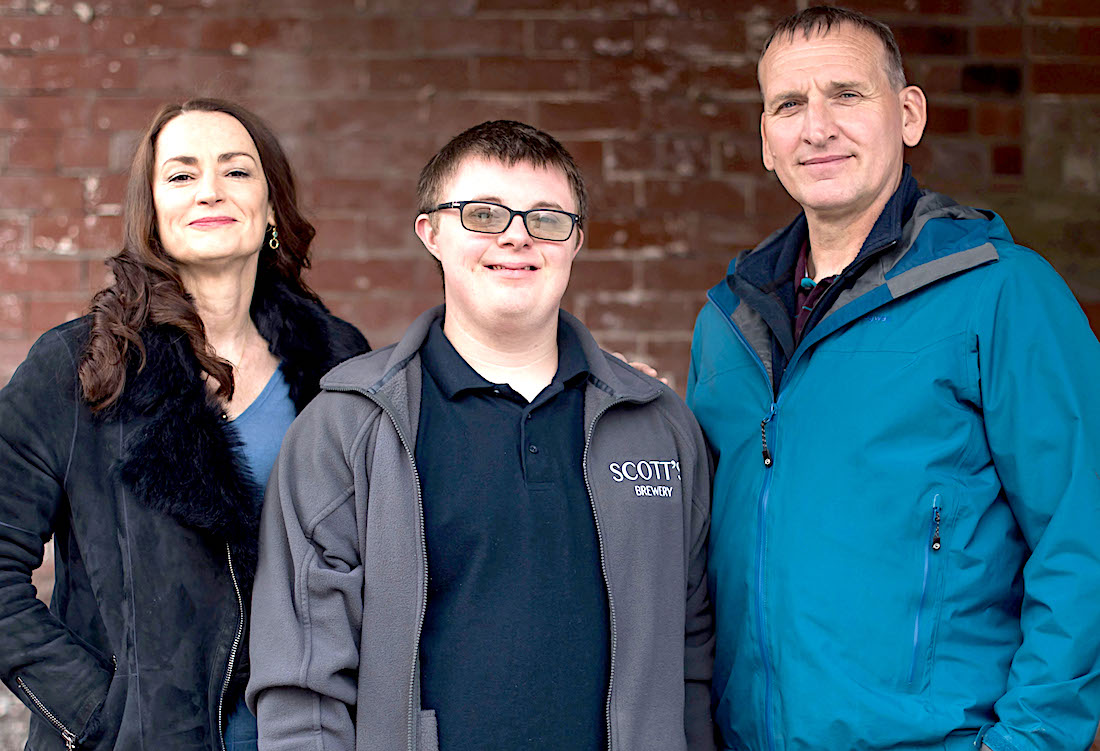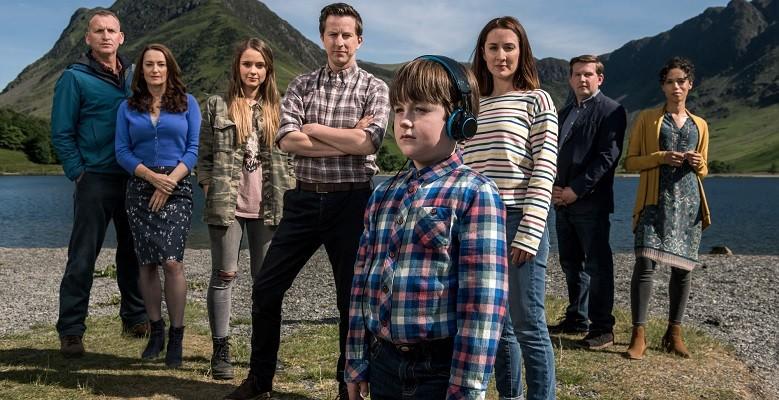At its weakest The A Word is just Emmerdale with a twist of autism, especially when the drama swivels away from the little boy to focus on adult infidelities, a grumpy patriarch, sibling rivalries and comedy Poles wisecracking in subtitles. But at its best it captures accurately, if depressingly, the difficult feelings some parents go through when they’re coming to terms with the knowledge that their child is not standard issue.
With huge viewing figures (seven million in the UK on BBC One for the first series) and mainly excellent reviews, The A Word is bound to be enormously influential on how autism is perceived – perhaps as much as The Big Bang Theory and Rain Man in its day. It’s therefore more than a bit irritating that despite its makers' obvious good intentions, there’s still a complete absence of positivity about life on the spectrum. A new adult character met in an autism support group is living with his mum and prone to self-harming meltdowns. It’s a grim picture and truthful enough for many, but where are the Chris Packhams or Sheldons with their singular vision and joy in obsessive details when one needs them?
Seven-year-old Joe (Max Vento) is now aware that "nobody wants autism" and even his mother Alison (Morven Christie) says "we’re all a little bit broken" in her conversation with him about his diagnosis. It’s no wonder that Joe retreats further into his reassuring world of iPod, headphones and favourite Eighties songs. Meanwhile narrative credibility is stretched thin when Joe’s local primary school can’t seem to stop him from climbing up a ladder onto the roof (twice) despite him having a dedicated learning support assistant. Joe is shown as capable of reading and writing, we don’t see him being aggressive to his fellow pupils or particularly disruptive, but he still gets moved to a specialist autism school in Manchester, nearly 100 miles from the family’s Lake District home. Anyone who has tried to get the costly funding agreed by local authorities for such a rare school place knows that it’s a long, complicated process, but here it’s all done and dusted overnight. We see very little of how the school differs in its approach or what it can do to help Joe, other than accepting him.
Joe is shown as capable of reading and writing, we don’t see him being aggressive to his fellow pupils or particularly disruptive, but he still gets moved to a specialist autism school in Manchester, nearly 100 miles from the family’s Lake District home. Anyone who has tried to get the costly funding agreed by local authorities for such a rare school place knows that it’s a long, complicated process, but here it’s all done and dusted overnight. We see very little of how the school differs in its approach or what it can do to help Joe, other than accepting him.
The lengthy commute to school seems to be a plot device that allows the central couple dangerous time apart. Alison and Joe start stopping over in Manchester during the week, and dad Paul (Lee Ingleby) falls into a dangerous flirtation. Meanwhile Maurice, the loveable curmudgeonly patriarch played brilliantly by Christopher Ecclestone, carries on clumsily romancing the acerbic piano teacher Louise (Pooky Quesnel). Louise is presented as an embattled figure, a single parent whose adult son with Down Syndrome still lives with her. But at least Ralph (the excellent Leon Harrop, pictured above centre with Quesnel and Ecclestone) is allowed to be a character with a sense of humour and insight into human relationships. I could go on about the way that nearly all the female characters are deeply unsympathetic to one another, or question the point of the thinly sketched romance between Joe’s big sister (Molly Wright) and her new squeeze. There are two new characters in the shape of parents who turn up to persuade Nicola (Vinette Robinson) and Daniel (Greg McHugh) to get back together. Dad’s a philandering vicar (Jude Akuwudke), while mum (Clare Holman) simply doesn’t look old enough to parent Nicola, but I'd probably better stop being mean and say something nice or I’ll come over as even more of a curmudgeon than Maurice.
There are two new characters in the shape of parents who turn up to persuade Nicola (Vinette Robinson) and Daniel (Greg McHugh) to get back together. Dad’s a philandering vicar (Jude Akuwudke), while mum (Clare Holman) simply doesn’t look old enough to parent Nicola, but I'd probably better stop being mean and say something nice or I’ll come over as even more of a curmudgeon than Maurice.
Cumbria looks utterly beautiful, if curiously bereft of tourists. Susan Tully's direction is perfectly competent. Max Vento (pictured above) is very watchable as Joe, stoically inscrutable and as credible as one could expect from a seven-year-old who is not actually on the spectrum. But after watching the first three episodes, I don’t have much hope that it’ll rise much above classy soap opera, and I mourn a lost opportunity to tell a more nuanced story about autism.















Add comment